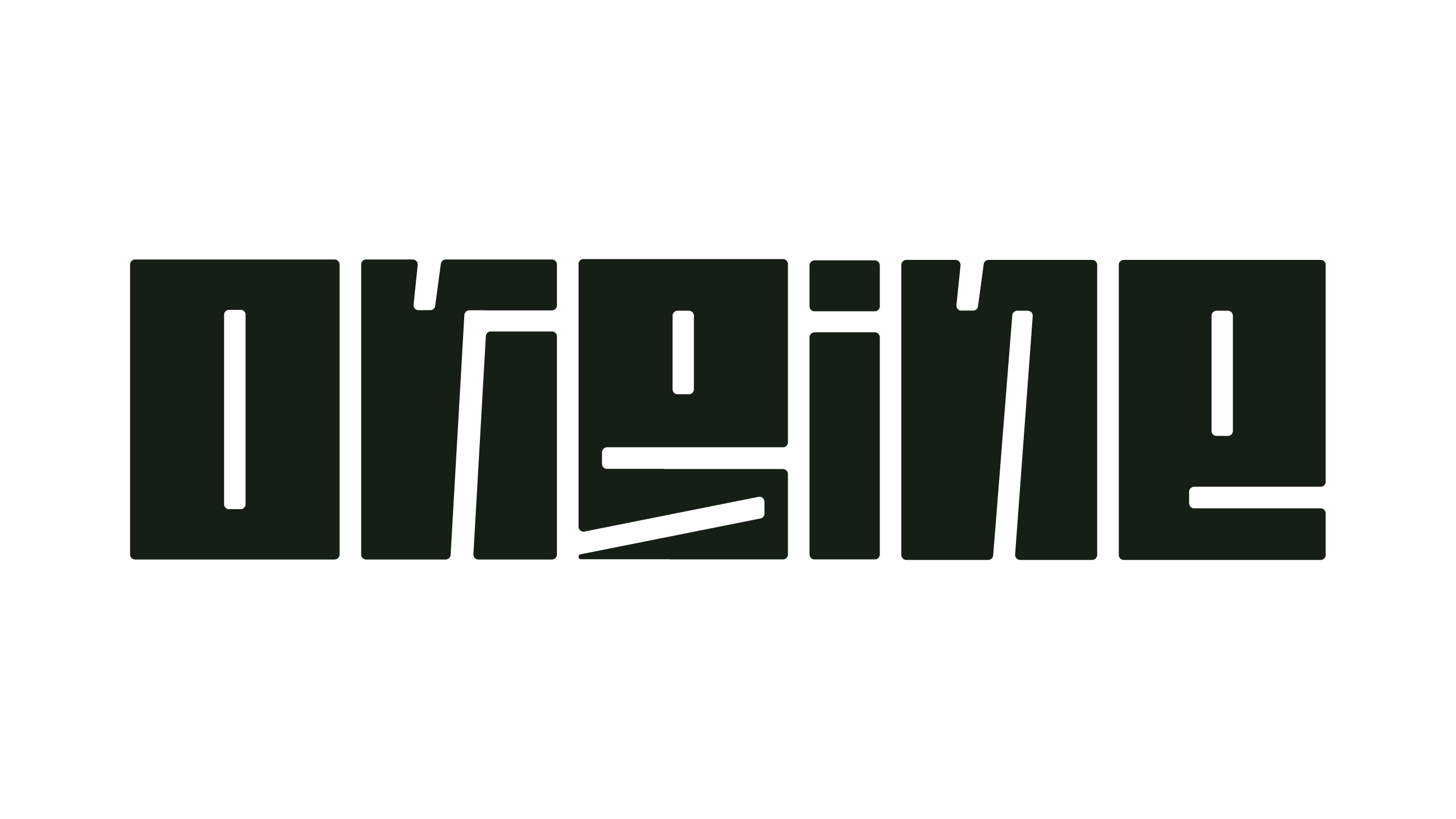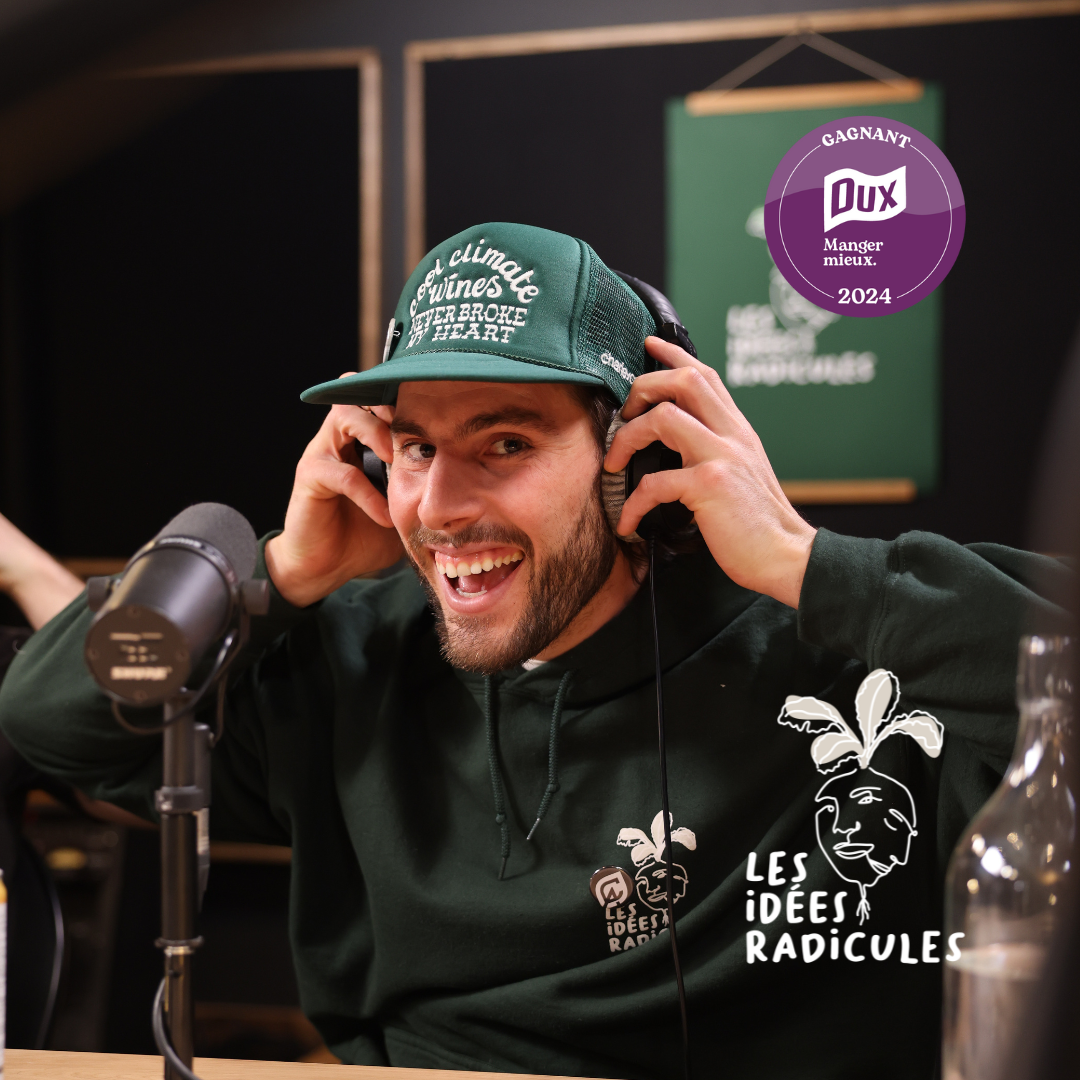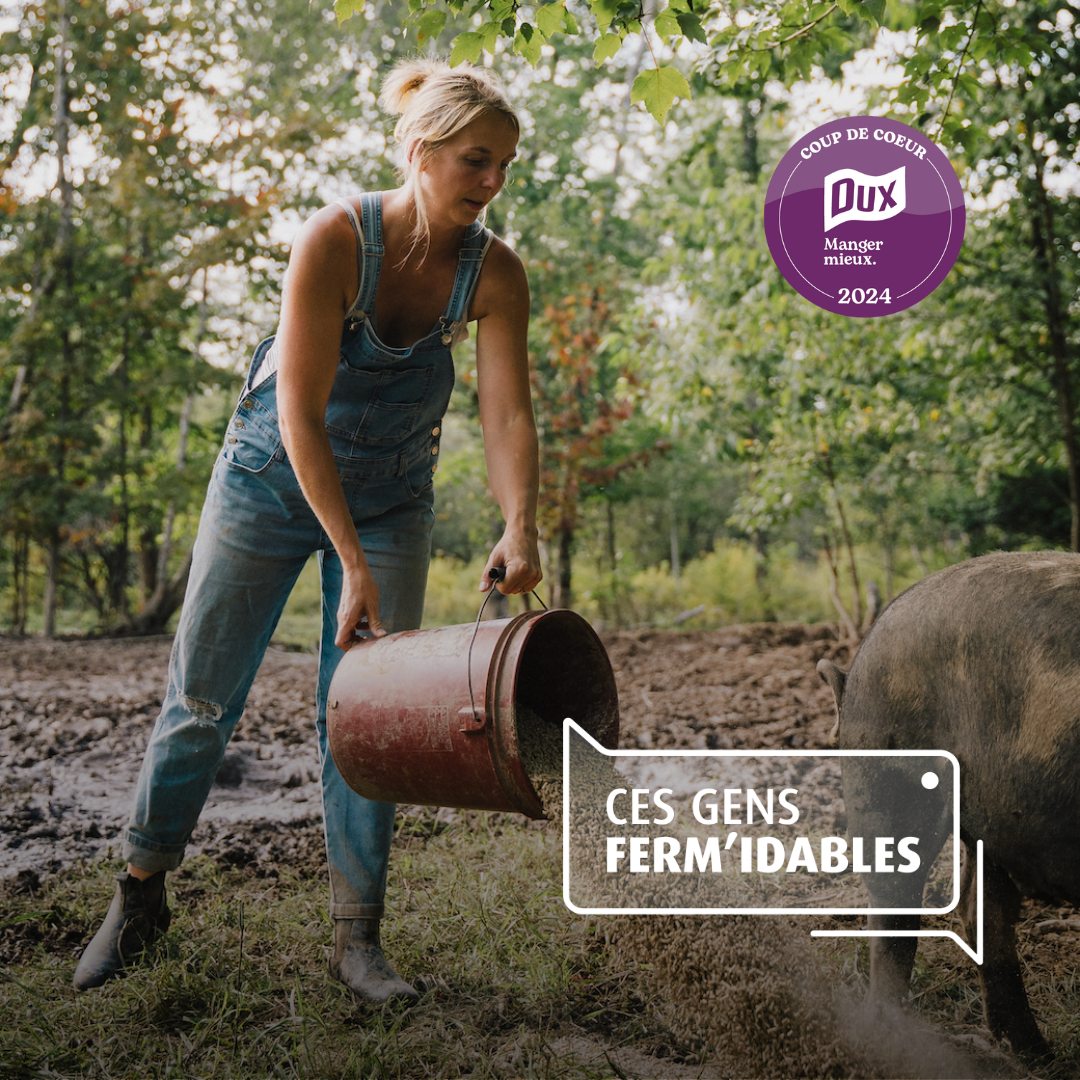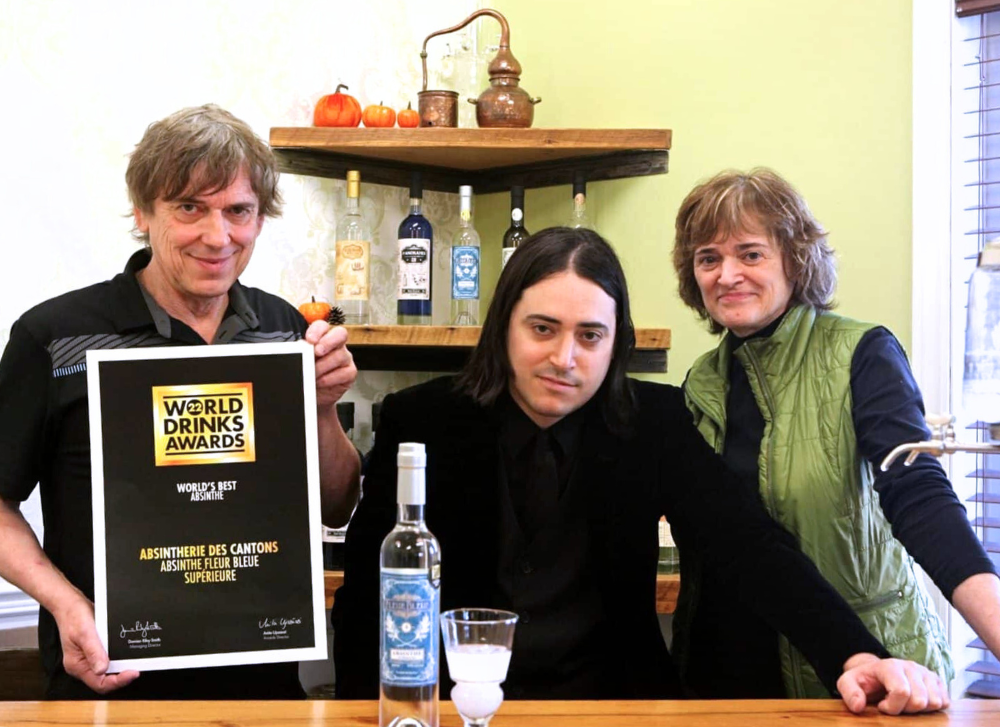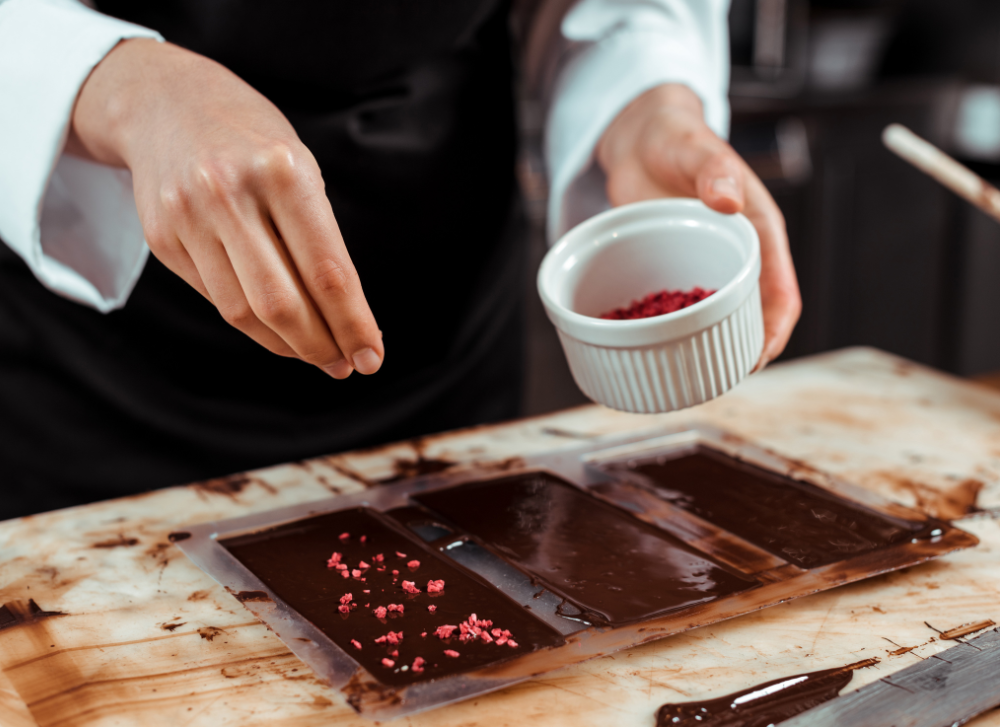3.1 million tonnes.
This is the quantity of food waste produced annually in Quebec, according to a study conducted by Recyc-Québec published in June 2022.
And the most striking thing about all this is that 39% of this food waste is deemed to have been edible before being thrown away. A truly unfortunate observation, especially in these times of inflation.
Fortunately, the Laval Regional Environmental Council (CRE) and Arrivage, a local procurement management platform without intermediaries, are making things happen.
Thanks to funding provided by the Quebec Ministry of Agriculture, Fisheries and Food (MAPAQ), these organizations were able to create Operation Last Chance.
This pilot project aims to combat food waste by allowing Laval farmers to sell their surplus production to an impressive number of establishments in Greater Montreal.
Élevage et Cultures wanted to know more about this initiative which, in the long term, could have a significant impact on Quebec's food sovereignty and on the environmental impact of our agriculture.
Operation Last Chance in real time
Since 2018, the Arrival platform facilitates local sourcing and the creation of short supply chains. The platform's objective is to directly connect Quebec producers with retailers, restaurateurs, and any other Quebec establishment that wishes to source local products.
In the meantime, the CRE of Laval found that farmers in their region could use a helping hand to sell their surplus production, most of which would end up in compost.
The two organizations have therefore decided to join forces to reduce food waste, improve food security and promote the consumption of local foods in Laval. 
How exactly does it work?
The principle behind Operation Last Chance is quite simple. Farmers who wish to participate must first register on the Arrivage platform. They can then post their surplus or slightly unattractive fruits and vegetables, which they want to sell at a bargain price.
Customers interested in these products in turn register on the platform and can place orders directly with the producers.
Afterwards, Luqman Sow, the delivery driver for Operation Last Chance, makes his weekly rounds of Laval producers and customers to collect the vegetables and deliver them to the many customers in Greater Montreal.
We were lucky enough to accompany Luqman on his tour to see the pilot project in real time. On site, we can see the exceptional quality of the rescued vegetables. It's then that we realize what a shame it would have been to see the majority of these beautiful products end up in compost.
It's also wonderful to see the enormous long-term potential of this initiative. Farmers are happy to reduce their losses. Daycare centers, restaurants, hospitals, long-term care facilities, and other establishments are delighted to be able to use high-quality, ultra-local food in their kitchens at a lower cost. Mission accomplished!
A project that was long overdue
Reducing food waste, encouraging short supply chains and the local economy, helping people and organizations better feed our communities... The issues and problems that gave rise to Operation Last Chance are not new.
But what finally kicked off the project?
"The CRE de Laval approached us because there's a relatively high level of waste on Laval farms," explains Thibault Renouf, co-founder and CEO of Arrivage. "It was an opportunity to offer our solution from a new perspective and to think about how to adapt the platform to better offer these surpluses."
Once the CRE de Laval received funding from MAPAQ, the first steps for the pilot project could begin.
From the very first consultations, the project's initiators made a clear observation: the need for quality food at affordable prices is very real, and very urgent.
Indeed, after sending out an initial survey, Mr. Renouf claims to have received more than 200 positive responses from restaurateurs and retailers, and more than 120 from community organizations.
"This represents a huge opportunity for short supply chains because there's a lot of surplus. People and organizations, whether they have a significant budget or not, are interested in these products," says Mr. Renouf.
It was a little more difficult to attract the interest of producers, however, who were somewhat reluctant to take on the project. Indeed, some of them had had less positive experiences in the past when involved in similar projects.
But thanks to the ease of use of the Arrivage software and the relationships that have been built over time between farmers and creators of the project, 5 Laval producers decided to take the leap. And they don't regret a thing!
What future for Operation Last Chance?
At the closing cocktail reception for the first season of Operation Last Chance, the general sense of accomplishment was palpable. Farmers, customers, event organizers, and local elected officials were visibly satisfied with this first season of operation.
But despite a first year that can be considered a resounding success, the future of Operation Last Chance remains uncertain. To sustain the project in the long term and on a larger scale, a larger budget will be required, which still needs to be secured.
The instigators of the pilot project still hope to keep their wonderful initiative alive. After all, this project puts tens of thousands of dollars back into the pockets of farmers, while encouraging short supply chains and local food. A dream for our food sovereignty.
While Operation Last Chance is still too young to eliminate the 3.1 million tonnes of food waste wasted each year in Quebec, it certainly has the potential to create a wave of change in this direction.
Hoping to see this project become sustainable and, who knows, expand across Quebec. create more sustainable and resilient food systems .
